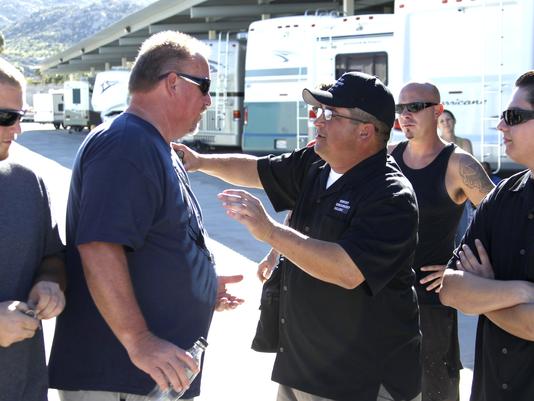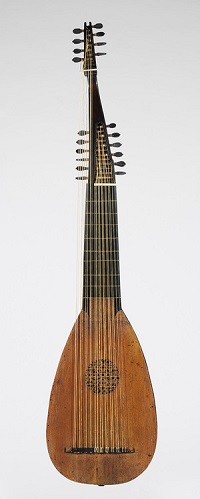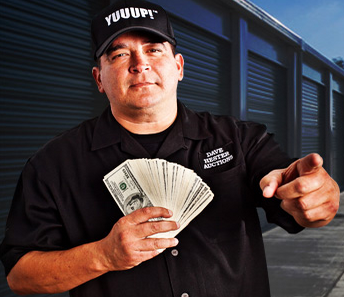 The key to making a profit from storage auctions is to never pay more for a unit than you can get out of it in sales. Of course, this isn’t always possible.
The key to making a profit from storage auctions is to never pay more for a unit than you can get out of it in sales. Of course, this isn’t always possible.
Sometimes you get burned with a bad unit, and sometimes the sales market shifts so rapidly that something you thought would make a good profit turns out to be impossible to sell.
All the same, the key to smoothing over these occasional upsets is to ensure that you stick with a conservative budget and a safe bidding strategy that will help you stay in the positive.
When it comes to bidding, there are a few simple rules to follow: Only bid on what you can see, only bid on items you know how to sell, and avoid the temptation to get into a bidding war. As long as you do those three things, you should come out ahead more often than not.
The other crucial part of keeping your auction purchases reasonable is to set a budget and stick to it. Decide how much money you realistically have to spend for a week’s worth of auctions, and determine how much of that you’re comfortable setting down on a single unit. Here are a few things to consider when creating a budget:
How much disposable income do you have? Don’t gamble with your rent money. You need to be able to possibly lose everything you bid if things go badly without putting yourself in a bind. Don’t bid with money you don’t really have, whether it’s credit or cash you need to spend on other things.
What overhead costs do you need to account for? Remember that you’ll need to factor in gas prices, time, and storage space for any items you win. You might also need to pay for space at a flea market, buy licenses or have other similar expenses. Don’t cut your profit margin so close that you end up losing money on these expenses.
What is the unit worth? You may need to adjust your budget to meet an individual unit’s needs. If the unit is filled with valuable, easy-to-sell items, you can afford to spend a bit more on it. If you can’t get much money out of it, you shouldn’t put much money into it.
Once you calculate a budget, stay with it. If someone outbids you, let the unit go. Another one will come along. One way to help keep your budget in line, especially while bidding online where you have instant access to your bank account, is to use a separate account for your auction buying.
People who run official resale businesses need to keep business accounts anyway, but even hobbyist buyers can benefit from having dedicated auction accounts.
This way, you can keep track of your expenses and put a cap on your spending.
Please leave your creative comments in the box below.



















